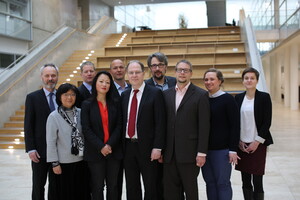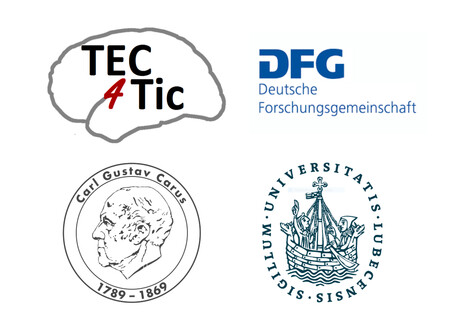
Gilles de la Tourette syndrome (GTS) is a common multifaceted neuropsychiatric disorder with motor and phonic tics as cardinal and defining clinical features. Other characteristic signs are urges preceding tics, echo‐ and coprophenomena. Despite an abundance of neuroscientific studies in children and adults with GTS and good evidence that abnormalities predominantly in the basal ganglia and fronto‐striatal loops play a prominent role in the pathophysiology, no generally accepted concept of tics or GTS has emerged. The nature of tics is still unclear. The main problem is a lack of a coherent theoretical framework for tics and other associated phenomena in GTS. Several characteristics set tics apart from other ‘classical’ movement disorders, so that tics may more appropriately be conceptualized as a surplus of physiological movements and actions. The intricate and unique relation between tics and preceding urges, suggesting abnormal internal monitoring, i.e., perceptual, attentional and response selection processes during tic generation, calls for a concept encompassing both action and perception. To shed light on the biology of tics and echoes in GTS and to lay the foundations for a better understanding of behavioral treatment approaches we propose a shift in the view of tics and GTS based on a cognitive approach to action control, the ‘Theory of Event Coding’ (TEC).


